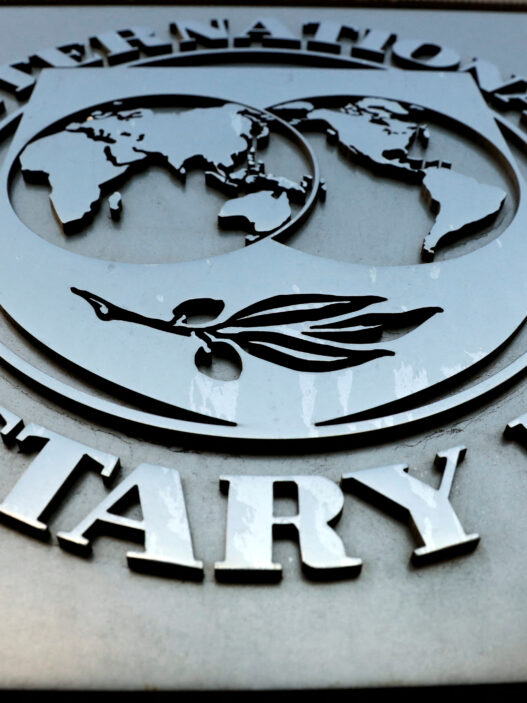The Crude Reality: Oil’s Weekly Rollercoaster
Powered by MasterCFA.com
Oil prices have steadied after a tumultuous week, but they’re still on track for their most significant weekly decline in over a month. Brent crude futures and U.S. West Texas Intermediate crude both saw modest gains, yet they’re poised to fall about 6% this week – the largest drop since early September.
Why This Oil Slick Matters
Global Economic Gears: Feeling the Friction
The fluctuation in oil prices sends ripples through the global economy. As a key input for various industries, changes in oil prices can affect production costs, transportation expenses, and ultimately, consumer prices. This week’s decline could provide some relief to inflation-wary economies but may also signal concerns about global economic growth.
From Boardrooms to Living Rooms: The Trickle-Down Effect
For businesses, lower oil prices could mean reduced operational costs, potentially boosting profit margins or allowing for more competitive pricing. On the flip side, families might see some relief at the gas pump, potentially freeing up household budgets for other expenses or savings.
Economic Theories in the Real World
Supply and Demand: The Classic Dance
The current oil price movements showcase the fundamental economic theory of supply and demand. Recent forecasts by OPEC and the International Energy Agency predicting lower global oil demand for 2024 and 2025 have put downward pressure on prices. This illustrates how market expectations can influence current prices, a key concept in the efficient market hypothesis.
Geopolitical Risk Premium: The Invisible Price Tag
The article mentions concerns about potential conflicts in the Middle East, highlighting the concept of risk premium in asset pricing. Oil prices often include a premium based on geopolitical risks that could disrupt supply. This real-world application shows how non-economic factors can significantly impact financial markets.
Crystal Ball Gazing: What’s Next for Oil?
Looking ahead, several factors could influence oil prices:
- China’s economic performance: As the world’s top oil importer, China’s growth trajectory will be crucial.
- Geopolitical developments: Any escalation in Middle East tensions could lead to supply disruptions and price spikes.
- Global economic health: Continued strong U.S. economic data could support oil demand, while concerns about a global slowdown could weigh on prices.
Why You Should Keep Your Eyes on the Oil Gauge
Understanding oil price dynamics is crucial for making informed financial decisions. Here’s why:
- Investment opportunities: Oil price trends can affect energy sector stocks and related industries.
- Economic indicators: Oil prices can signal broader economic trends, helping you anticipate market movements.
- Personal financial planning: Awareness of oil price trends can help you budget for energy costs and make informed decisions about major purchases like vehicles.
Questions to Fuel Your Financial Thinking
- How might sustained lower oil prices affect renewable energy investments and the transition to green technologies?
- In what ways could central banks’ monetary policies be influenced by significant shifts in oil prices?
- How do oil price fluctuations impact different sectors of the stock market, and how could an investor adjust their portfolio accordingly?
- What strategies could oil-dependent economies employ to diversify and reduce their vulnerability to oil price volatility?
- How might the development of alternative energy sources and electric vehicles change the long-term outlook for oil prices and related industries?
Keep Learning with MasterCFA: Staying informed about oil price dynamics and their economic impacts is essential for any budding analyst. Dive deeper into these topics to enhance your understanding and prepare for the CFA Exam. Explore more insightful articles and resources with MasterCFA to stay ahead in your finance career.















